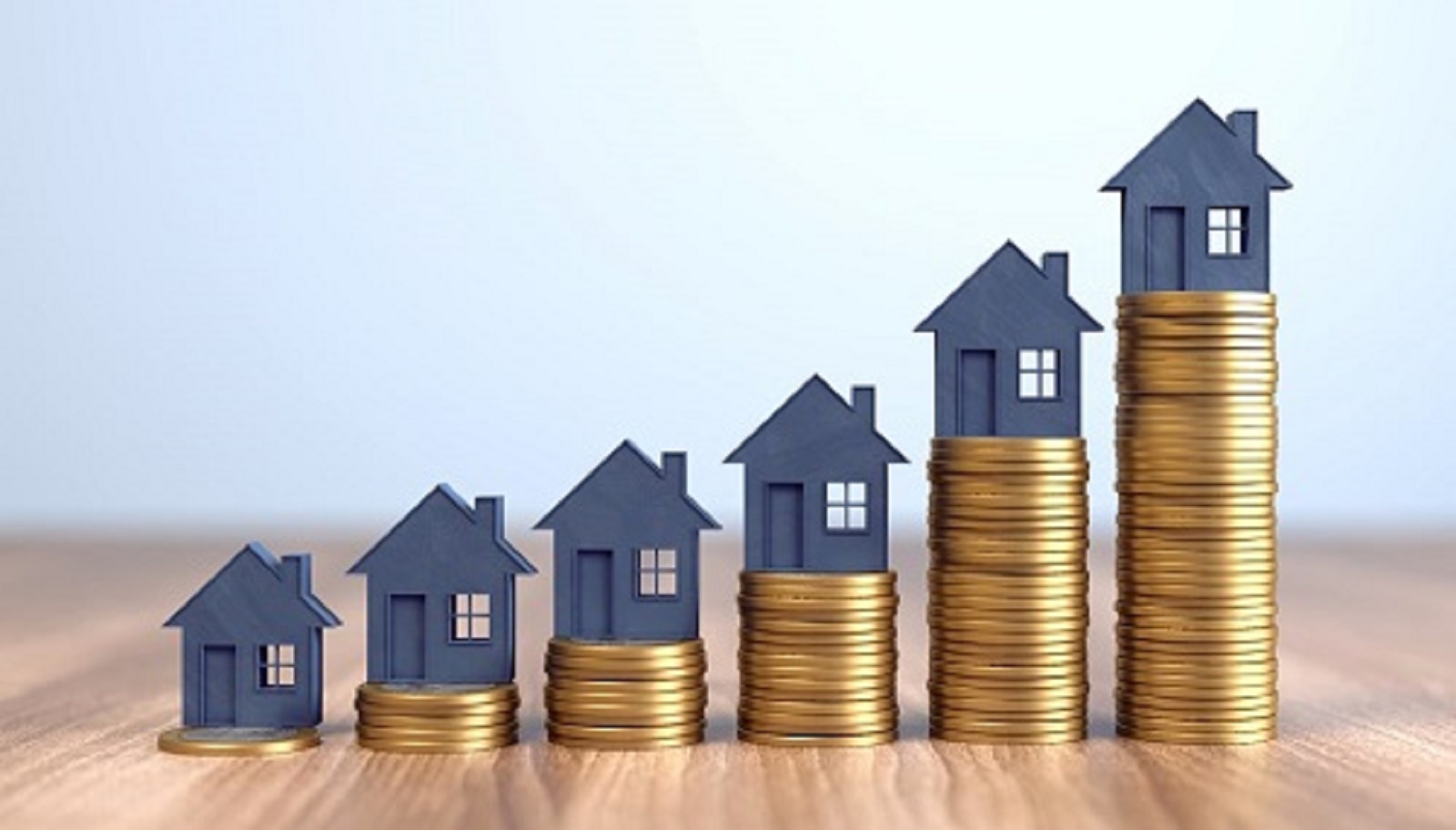Understanding the factors that affect property appreciation.

Property appreciation is the ultimate output of investing in real estate. It can be rewarding to see property value rise over time but it is crucial to understand the underlying variables that contribute to this appreciation. We will examine the crucial factors that affect real estate appreciation and shed light on how investors can leverage this knowledge and make informed decisions.
Location
Location plays a pivotal role in determining property appreciation. Properties located in desirable areas with quick access to services, amenities, educational institutions and commercial centers typically appreciate faster. Infrastructural developments such as new roads or public transport systems are likely to see significant appreciation over time.
Economic growth and stability
Property values are significantly influenced by a region’s general economic condition. Strong and stable economies tend to draw more firms, job seekers and investors to cities and regions. In these regions property appreciation follows an increase demand in real estate.
Supply and Demand dynamics
Property appreciation is directly influenced by supply and demand which is a fundamental economic assumption. When there is a shortage of available properties, typically prices increase. Population growth, urbanization and demographic shifts are a few examples of variables that might affect demand patterns which in turn affect appreciation rates.
Interest rates and mortgage accessibility
The real estate market is significantly impacted by interest rates. Low interest rates result in lower borrowing expenses which reduce the cost of home ownership. The price of real estate may rise as a result of this surge in demand. On the other hand rising interest rates can cool the market and reduce the rate of appreciation.
Infrastructure and development
Infrastructure improvements and developments that are well thought out can have a big impact on property values. New roads, bridges, amenities for the general public, and natural areas all increase an area’s appeal, increasing demand and value.
Government policies and regulations
Property appreciation may be impacted by modifications to government policies, tax incentives and property regulations. Property values can be positively impacted by policies that support house ownership and real estate development while unfavorable laws may slow down the rate of appreciation.
Social and environmental factors
Property value can be impacted by factors such as safety, environmental stability and quality of life. People are often willing to pay a premium for properties in areas with lower crime rates and better living conditions.
Market speculation
Property values can also be influenced by market sentiment and psychological considerations. Short-term appreciation can be impacted by speculative purchasing, media coverage, and investor attitudes.
Conclusion
Property appreciation is a complex process that is influenced by a wide range of elements, including geography, economic conditions, governmental regulations, and market attitude. Understanding these factors is essential for real estate investors to maximize possible returns on investment and make well-informed decisions.
